The work of the W.K. Kellogg Foundation (WKKF) rests on the shoulders of many heroes and heroines – past and present –committed to the wellbeing of children, families and communities. In honor of Asian American / Pacific Islander (AAPI) Heritage Month, we asked WKKF staff members to reflect on AAPI leaders, coalitions and collectives who inspire the work we do today.
she shares the story of a hero who found a way to amplify and canalize the voices of those who could easily become invisible.
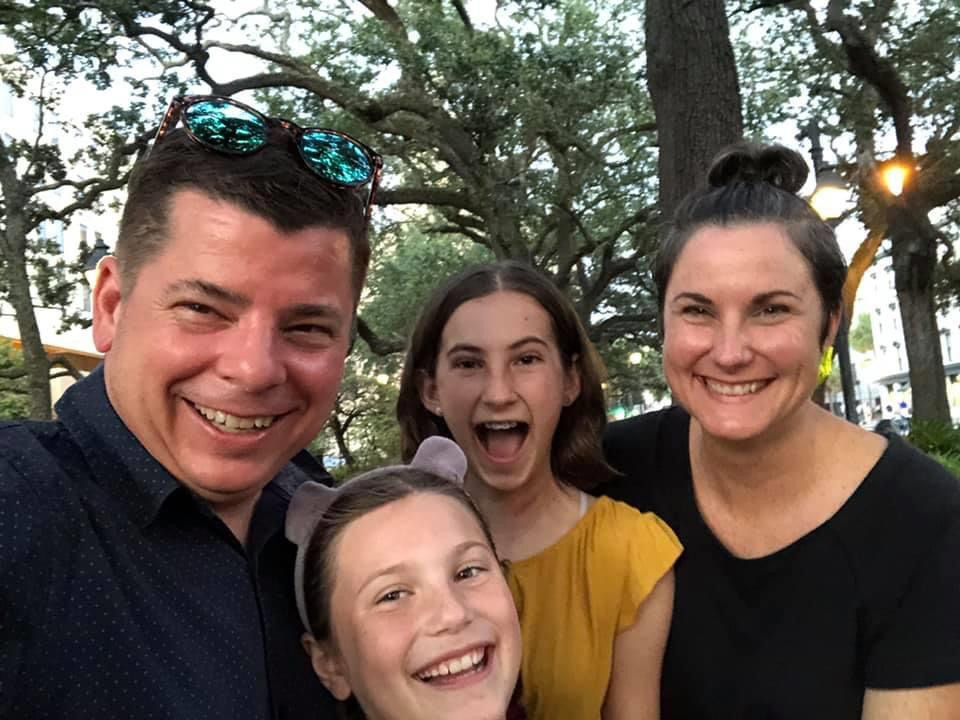
Andrew Brower is a program officer on WKKF’s racial equity and community engagement team. In this piece, he writes about the intentional work of learning about people, histories and cultures beyond his own as part of a commitment to racial equity.
Affinity groups are formed by WKKF staff who share a racial or ethnic identity to promote cultural knowledge and social understanding, offer leadership development and opportunities for advancement through peer mentoring and foster community participation
When I was a junior in college, I took a nine-week British Literature course where the professor told us that we would read one book per week from a British author. He continued, though, by saying that each author would be a British citizen who was not a White male. Around the fourth week I was introduced to the writing of V.S. Naipaul and his new novel, A Way in the World. Naipaul was born in Trinidad, but with a South Asian Indian ancestry, heritage and culture. Although the novel is fiction, it is a quasi-memoir and historical in a way that I had never experienced nor learned about, but felt a deep connection and yearning to understand as he weaved himself through the story. At twenty years old, that was the first I had read, heard or learned about what seemed so different, and actually held a deep connection. This immediately demonstrated the power of who tells the stories and the power of that narrative. By being intentionally introduced to authors I did not know and whose stories are positioned differently than White works in literature, this course helped me find connection and new pathways in difference rather than the othering we so often find in white-dominant narratives and stories.
I’ve always found reading to be a great way to learn about and from other cultures, spaces, places and people, and I’ve been fortunate in this role at WKKF to meet and work with amazing leaders and see their connection to the broader and longstanding work towards justice. One partner in the portfolio I lead is The Asian American Pacific Islander Civic Engagement Fund (the Fund) and its leader, EunSook Lee. The voter engagement, narrative change, research and movement-building supported through the Fund reminds me of the Black and Asian solidarity and justice work Yuri Kochiyama led in partnership with Malcolm X, labor movements and so many others.
The Fund takes a position of respect and power building with AAPI communities so members may be an integral part of democracy. I’m so inspired by the thoughtful approach through their partners to build relationships and do the deep work of translation of materials so that information is accessible. The Fund recognizes the AAPI community is not a monolith and is, instead, highly diverse. The research clearly shows that if translated materials are provided, they will be used, and people will engage in the democratic process. I saw this make a difference in the 2020 general election and am so grateful to be a small part of this amazing work.
The best part of my job at WKKF is that every single day I work with amazing people doing deep justice and equity work out in the world. Like EunSook Lee, the talent and passion and love all the leaders I meet have for their work and community is so inspiring and so much of that is about preservation, honor and the ongoing connections between people and place.
When I had an opportunity to visit MA’O Organic Farms to explore a potential program-related investment and met its founders, Kukui and Gary Maunakea-Forth, this connection between people and place was a very special experience. Located in the Wai’anae region on the island of O’ahu, MA’O Organic Farms is in a beautiful landscape of mountains and ocean. We arrived at the farm, at Kukui’s request, early in the morning to participate in the community circle that each youth member and all staff participate in to begin the day. It is a practice of peace and belonging and a literal grounding in the Earth beneath our feet. We spent all day at the farm, learning from the youth who engage in the programming and visiting the land they wanted to purchase, knowing our investment could help build the capital to do so. We finished the day with a dinner made from the bounty of the farm at a long table outside, adjacent to where we started our day in a circle of community.
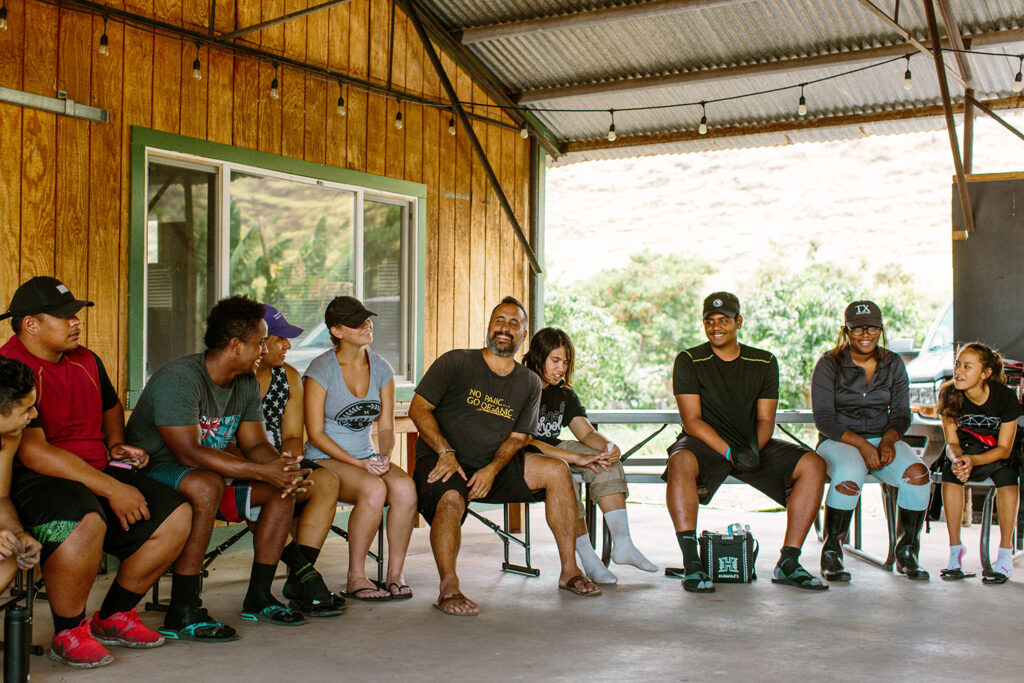
This land to be purchased is Native land, but was seized by the military during World War II. I was so inspired by everyone at the farm that cares so deeply about their connection to the place of Wai’anae and their engagement with the land. Although it was seized by the government and weaponized, this was an opportunity to return Native Hawaiian land to its people and the team at MA’O was using every tool and talent they had to make this happen. This expansion will provide an opportunity for even more Native Hawaiian youth to connect to the land and see themselves in the preservation of culture, ancestry, heritage and place.
I am honored to be in relationship with AAPI grantee partners throughout the country and with my AAPI colleagues here at WKKF. As exemplified by so many movement leaders, resistors, preservationists, champions, allies and partners, this diverse and deeply wise community has and will continue to contribute to the work of equity and justice.

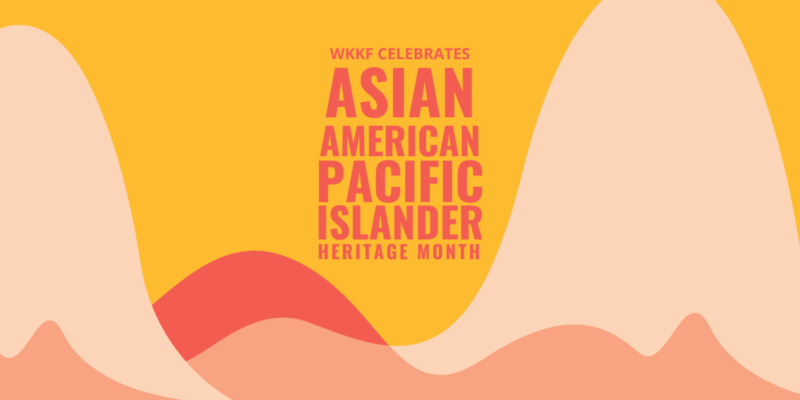
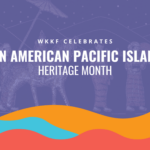
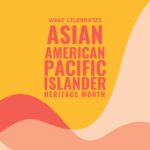
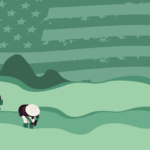
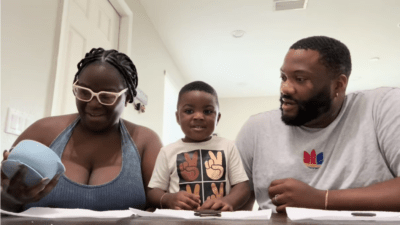
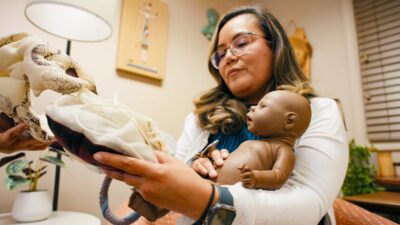
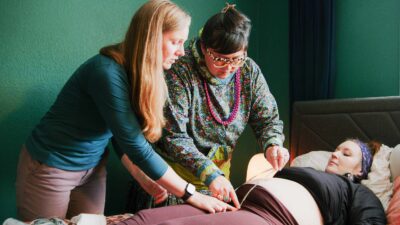
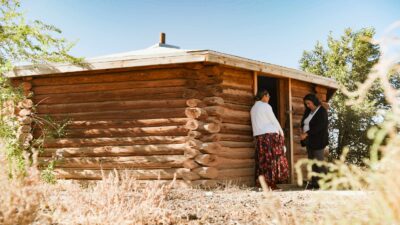


Comments